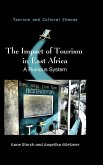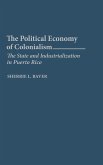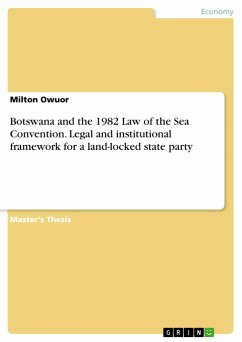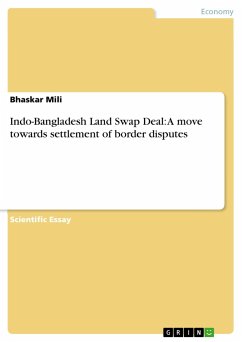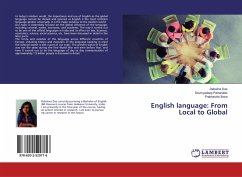Bachelor Thesis from the year 2021 in the subject Business economics - Business Ethics, Corporate Ethics, grade: 3,0, BSP Business School Berlin (form. Potsdam), language: English, abstract: In this thesis, I will explain the background and facts about the actors of land grabbing, the affected citizens and their environment. With the help of selected sources, I would like to analyze the new form of land grabbing to secure agricultural commodities, as well as the individual focal points and their motives. Since the end of 2007/beginning of 2008, the term "land grabbing" or "neo-colonialism" has been in the public eye. In the focus of those critics, rich large corporations from Europe, the USA, India and the Gulf States are conquering land of low-development countries and displacing their inhabitants. Some see "land grabbing" as a great opportunity to create new momentum for change and a new dynamic. But opposition to land grabbing is strong, and rarely has an international issue been as controversial as this one. Land grabbing is intended to serve the economy in both import and export. This includes, among other things, the exchange of goods, the creation of jobs and the associated food security. It is a topic that polarizes.
Hinweis: Dieser Artikel kann nur an eine deutsche Lieferadresse ausgeliefert werden.
Hinweis: Dieser Artikel kann nur an eine deutsche Lieferadresse ausgeliefert werden.


